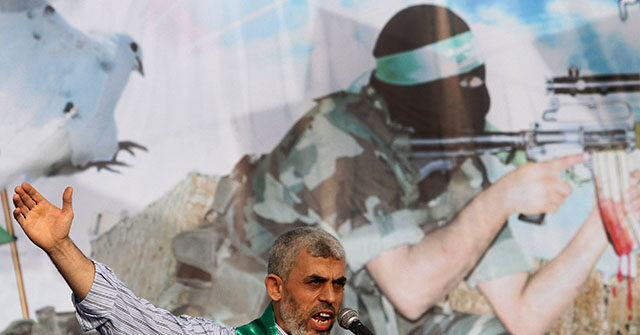The Palestine Liberation Organization (PLO), known as the internationally recognized representative of the Palestinian people, has publicly mourned the death of Hamas leader Yahya Sinwar, who was instrumental in orchestrating the attacks on October 7. The PLO referred to him as a “martyr” and a “great national leader” in an official statement that expressed condolences to Palestinians and various factions. This acknowledgment reflects the complex dynamics within Palestinian politics, where leaders and groups often navigate intricate relationships characterized by both cooperation and competition.
In their message, the PLO’s Executive Committee condemned Israel, describing its actions against Palestinians as “massacres and genocide.” This rhetoric highlights the ongoing conflict and the deeply entrenched grievances that have fueled Palestinian resistance. By referencing the plight of Palestinians under occupation, the PLO seeks to galvanize support and solidarity among all factions, emphasizing the need for unity in the face of external adversities. Sinwar’s death has thus been politicized as a rallying point for the PLO and other factions to consolidate their efforts toward a common goal: the reclamation of their rights and the establishment of an independent Palestinian state.
During an emergency meeting convened by Palestinian Authority (PA) President Mahmoud Abbas, the PLO Executive Committee paid tribute to Sinwar, a move that signifies both respect and strategic alignment within Palestinian leadership. Abbas, who has been characterized as a more moderate figure compared to Hamas, continues to advocate for Palestinian statehood based on the pre-1967 borders, with Jerusalem as its capital. His insistence on dialogue and cooperation with various factions, including Hamas, reflects an overarching goal to present a united Palestinian front.
Despite its moderate positioning, the PLO faces challenges due to internal divisions among Palestinian factions. The organization’s portrayal as a legitimate negotiating partner for Israel contrasts with the often militant posture of groups like Hamas. This tension complicates the peace process, as differing ideologies and approaches to resistance and reconciliation often create friction within Palestinian society. The PLO’s appeal for collective action after Sinwar’s demise may also serve to underline the necessity for a cohesive strategy to confront Israeli policies, which they argue perpetuate occupation and violate Palestinian rights.
Abbas has also sought engagement with the international community, appealing for a cessation of arms supplies to Israel, which he argues exacerbates the conflict. His promotion of a 12-point peace plan illustrates his attempts to carve out a political path for the Palestinians amid ongoing hostilities. Abbas’s vision includes not only governance aspirations for post-war Gaza but also a fortified diplomatic approach that aims to bring global awareness to the Palestinian cause, portraying it as a struggle for legitimacy, self-determination, and human rights.
In summary, the PLO’s tribute to Yahya Sinwar signifies deeper complexities within Palestinian politics, echoing themes of martyrdom, unity, and resistance against perceived oppression. The organization’s call for solidarity among factions, coupled with Abbas’s diplomatic efforts and peace proposals, underscores an ongoing quest for Palestinian statehood amidst intricate negotiations. As the situation continues to evolve, the interplay between different Palestinian organizations, along with their relations with both Israel and the international community, will be crucial in shaping the future of the Palestinian people and their aspirations for statehood.

